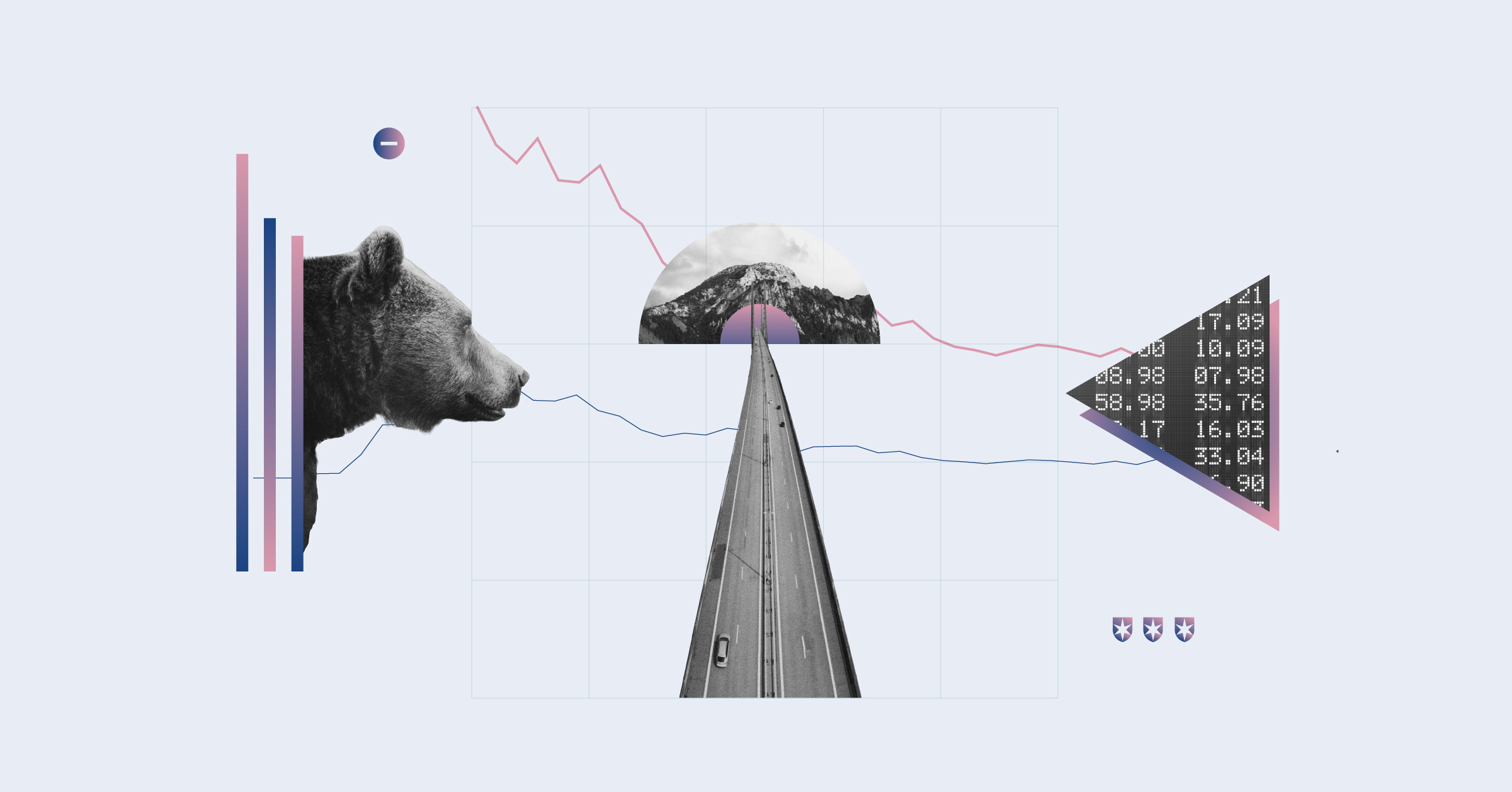Self-described buyers of businesses, David Atkins and his colleagues at Cardinal Capital Management Inc. run concentrated portfolios. They focus on about two dozen Canadian large-cap companies that generate consistently growing dividends.
"We take a common-sense approach as to how we invest. We don't buy stocks; we consider ourselves owners of these companies," says Atkins, 35, co-manager of the $177- millionVPI Cardinal Canadian Equity Pool, and vice-president at Winnipeg-based Cardinal.
A value manager, Atkins is particular about a company's dividend-paying track record, as it is a key aspect of total return. Moreover, he takes a long-term approach and will hold a firm for at least five years. "We've bought some companies and have never sold them," he says. "And we are disciplined as to how we manage money."
As an instance, Atkins cites how he sold Imperial Oil Ltd. ( IMO/TSX) in March 2008 and EnCana Corp. ( ECA/TSX) two months later. "We felt the market was getting overheated, and the stocks were expensive," he recalls.
Late last year, Atkins bought back into EnCana, and a couple of months later re-acquired Imperial Oil, when the market was pricing in a severe global downturn. "The market was over-reacting and getting a little paranoid," says Atkins. "We're not market-timers, but we will take advantage of opportunities when stocks are over-valued and when we see value again."
A Winnipeg native, Atkins has been in the financial services industry since 1992. "I was a late bloomer, since I was a financial planner first, and then went back to school."
Initially, Atkins worked for Independent Financial Counsellors Inc., where he did tax preparation and financial planning. As the firm shared an office with Cardinal Capital, Atkins was mentored by Tim Burt, who founded Cardinal in 1992. "I was learning from Tim how to invest money for clients."
After graduating in 2000 from the University of Manitoba with a bachelor of commerce, Atkins worked as a U.S. financial analyst at Assante Wealth Management. The following year, he moved to Manitoba Telecom Services Inc. and managed its $1-billion pension fund.
His role was of a strategic nature: hiring and firing managers and making long-term recommendations on how the assets should be allocated. In 2004, Atkins joined Cardinal as a research analyst and covered the financial sector. He was promoted to portfolio manager in 2007.
With assets under management of about $1 billion, Cardinal has been sub-advisor of the Canadian equity pool for Winnipeg-based Value Partners Investment Inc. since the fund's inception in October 2005. A Canadian Dividend and Income Equity fund, it has generated first- and second-quartile numbers over the past one- and three-year periods ended Sept. 30. Cardinal also manages the $60-millionVPI Cardinal Canadian Income Pool and the $28-millionVPI Cardinal Foreign Equity Pool.
With Burt acting as lead manager, Atkins shares management duties with Terry Wong, a U.S. equity specialist who formerly worked at IG Investment Management Inc. There are also four research analysts.
Holdings in the Canadian equity pool are limited to about 6% of fund assets. Portfolio turnover has been very low, at 5.4% for the six months ended June 30, and 10.5% in calendar 2008.
Even though the Canadian market is no longer cheap, and multiples have expanded considerably, Atkins believes stocks are fairly valued. "When I look at the bank stocks, they are reasonably cheap. There are still a lot of opportunities going forward."
"There is value across our portfolio. I still believe we will have pretty good markets. The fact they are doing so well is not a function of the companies do well. It's that the markets over-reacted [last winter] and drove prices too low."
In the face of market volatility, Atkins has consistently favoured names such as Royal Bank of Canada (RY/TSX). In 1992, for instance, the bank had a 4% dividend yield. After 10 years, "the yield on invested capital was around 17%," says Atkins, noting the effect of compounded dividend growth. "If you held the stock another five years, between 2002 and 2007, the yield on invested capital was 32%."
From an income and capital-appreciation standpoint, Atkins argues that investors in RBC shares been generously rewarded. "If the company is growing its earnings, and its dividend, the stock price will take care of itself over time. That's why the stock price has appreciated."















